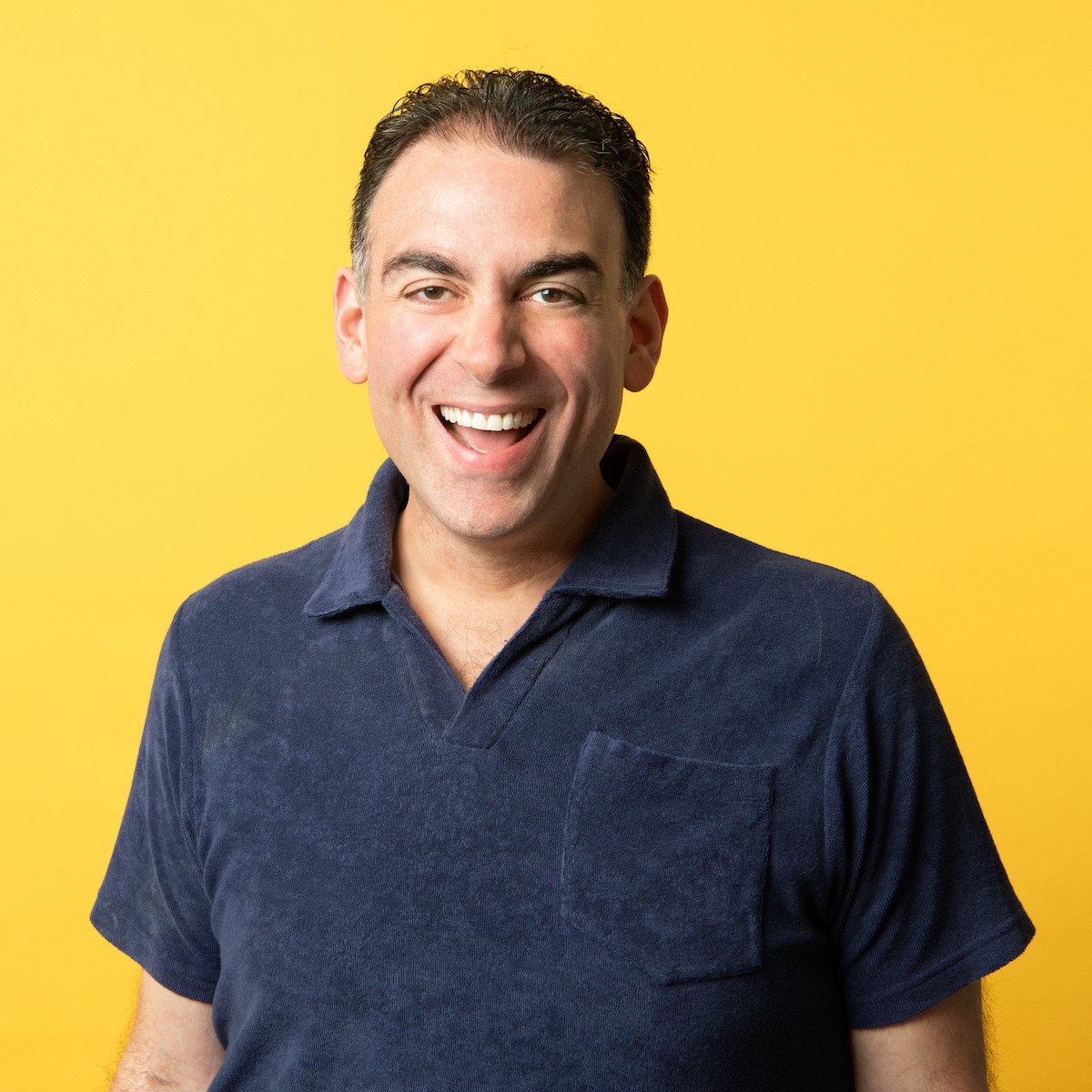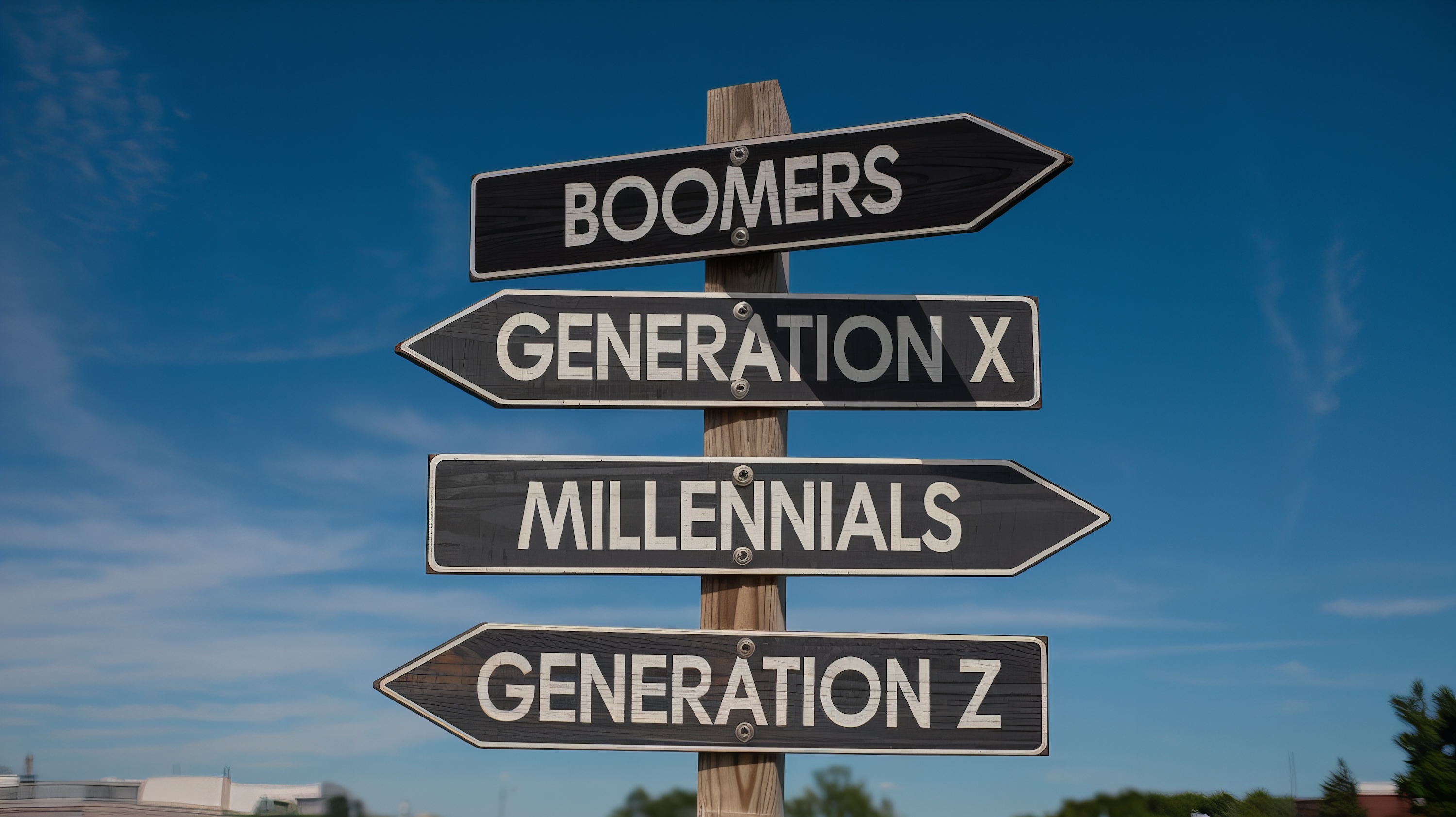Creating Healthy Generational Conversations
By Mark Mohammadpour, APR, Fellow PRSA
May 2025
Some of you identify as Baby Boomers, Millennials, Generation X or Generation Z.
I identify as myself and am not part of any generation. I wish you did too.
Why? The “Generation Debate” emphasizes false narratives and stereotypes meant to create derision. And that derision is causing strain on teams trying to create healthy cultures.
I ask you, my PR friends, to lead in shifting from argumentative, compartmentalized debates about generations to conversations that emphasize learning and understanding, which benefits everyone’s well-being.
This Generation Debate is not new. Magazine covers from the past several decades have focused on stereotypes of future generations. “Lazy,” “Entitled” and “Me, Me, Me” are common themes in articles.
A deeper examination comparing generations has grown in recent years, fueled by the aftermath of the COVID-19 pandemic and the shift to working from home. Many of us have had to learn how to do our jobs from home while keeping our teams connected and motivated.
With social media algorithms emphasizing debate topics to solicit engagement, combined with up-and-coming generations entering the workforce while spending formative months and years of high school and college from home, the debate has only grown in dominance.
Because we have been fed these messages over decades through earned and social media, it’s impacting our relationships with college students, new professionals, emerging leaders and those at the end of their careers.
What’s the value of these debates?
- These debates don’t do us any good in learning how to build relationships.
- These debates don’t do us any good in understanding the motivation of individuals.
- These debates don’t do us any good in creating effective communication strategies to reach our publics.
- These debates don’t do us any good in terms of our well-being.
A shift in mindset
We need to shift from a debate about generations to understanding individuals within each generation.
How can the PR community take the lead on this effort?
Here are some thoughts.
Ask yourself: “Am I making a broad generalization?” This is a reminder that these stereotypes come from decades of messages delivered to us. Others define them and, to date, have not asked for your critical thought. I’m empowering you to think first before acting!
If you see someone comparing someone to a stereotype, then say something and call it out in the moment. Start a conversation and get to the root cause. You will both learn something about the process.
If issues persist or even cross over to discrimination, then please check with your human resources team for guidance.
Find mentors from every generation. Instead of complaining about others, let’s turn this conversation around and turn it into a learning experience. We have a lot to learn from one another. Perhaps multigenerational mentoring is a topic for a future PRSA session! Finally, if you’re responsible for employee communications, then consider mining internal and external story ideas highlighting examples of different generations working together.
I’m confident we can, over time and with a concerted effort from our profession, move away from these media-hungry headlines to ones that benefit our well-being and society. ϖ



